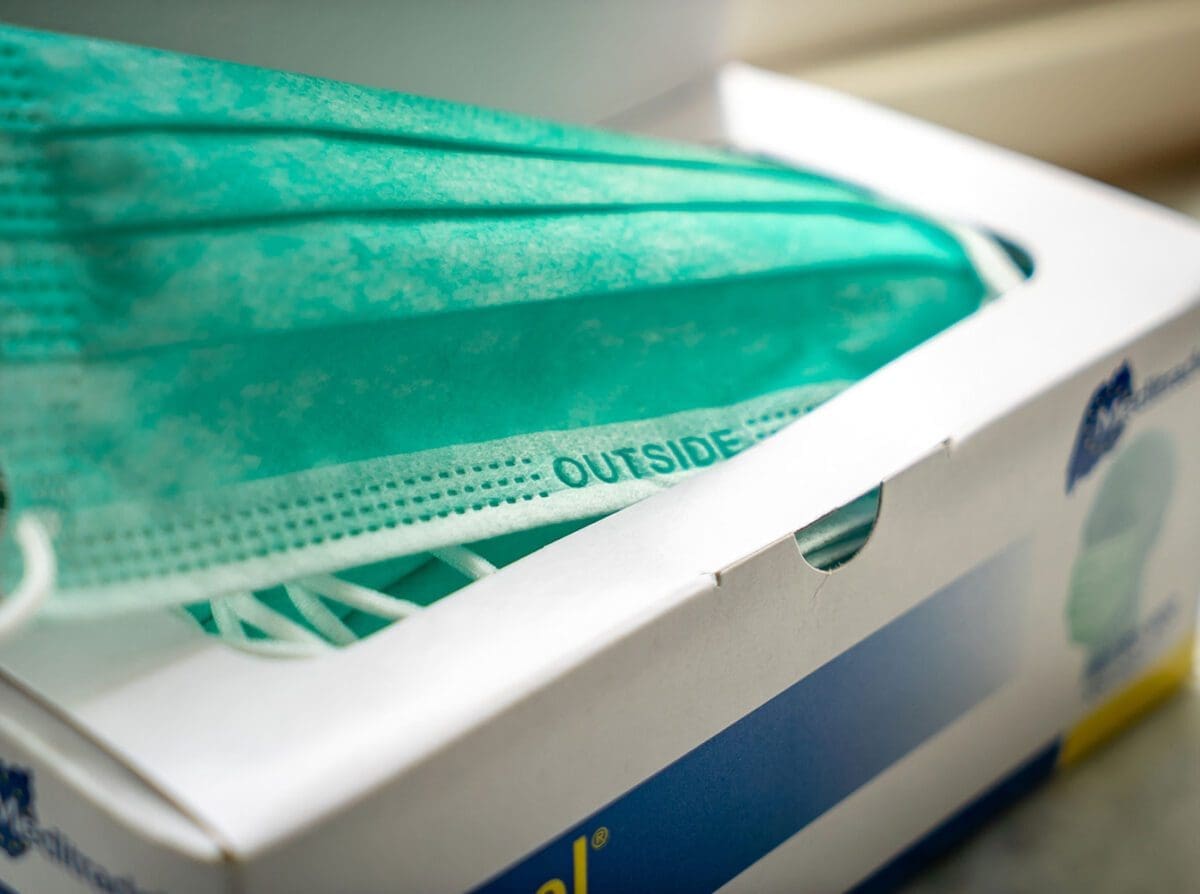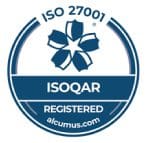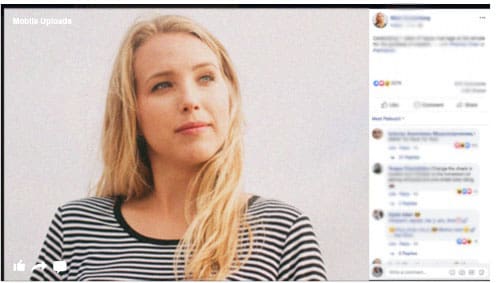While many businesses bleed out, there are some who are profiting. Illegally, and dishonestly.
As the pandemic continues to wreak havoc across the world, we are witnessing a rise in fraudulent business activity surrounding the purchase of PPE, or personal protective equipment.
Seemingly reputable suppliers of PPE are targeting business owners online, hoping to strike a deal. Sadly, once funds are exchanged, the equipment either fails to be delivered, or it does not meet the regulatory standards set out by the World Health Organisation (WHO).
Here at Cobra Financial Solutions, we are being contacted by clients who are desperately seeking assistance in recovering their money.
Why the need for PPE?
The WHO state: ‘Governments should encourage the general public to wear masks,’ especially on public transport, and in busy, indoor areas. They specifically advocate mask use for servers, cashiers, social workers, or those working in environments which place employees in close contact with others.
Coronavirus is primarily transmitted through the community via respiratory droplets. So many diligent companies and organisations, whose employees are coming into close contact with others, are looking to provide their staff with the choice to wear PPE, if they wish to.
PPE scammers
The government are supplying PPE to over 58,000 different providers across the UK, including care homes. Yet with the WHO advocating the wearing of masks in densely populated environments, conscientious business owners have been left to source their own stock.
We are only now beginning to recover from what was a global shortage of PPE. This left many procurement managers grappling around in a virtual PPE bear pit, desperately seeking stock.
Scammers are now contacting business owners directly to offer their wholesale stock. One of our clients was approached via a professional social media platform, and was impressed by the slick marketing campaign behind the product. However, after making the payment, less than a quarter of the agreed shipment was delivered. And the items that were received did not meet the regulatory standards.
Not up to scratch
Advised for use in community settings, non-medical masks are in demand. Yet, in order to be effective, these masks must meet strict criteria. The French Standardisation Group, AFNOR, released a set standard for all non-medical masks. For the mask to work, it must meet the filtration efficiency (FE) and breathability standards. With the filtration and breathability varying according to the material used, it is essential that these masks are sourced correctly.
What to do when purchasing PPE
1 – Check the reputability of the seller.
2 – Inquire about their stock and ask to see confirmation that the products meet the recommended standards set out by the World Health Organisation.
3 – Ask for a sample to assess its quality.
4 – Understand the returns policy. Due to the possible contamination risk across the supply chain, it may read differently to a conventional one.
5 – Keep confirmation of all communication and monetary exchanges.
Have you been mis-sold PPE? If so, Cobra Financial Solutions will recover your costs, quickly and without hassle. Contact one of the team on 0151 526 4222.






